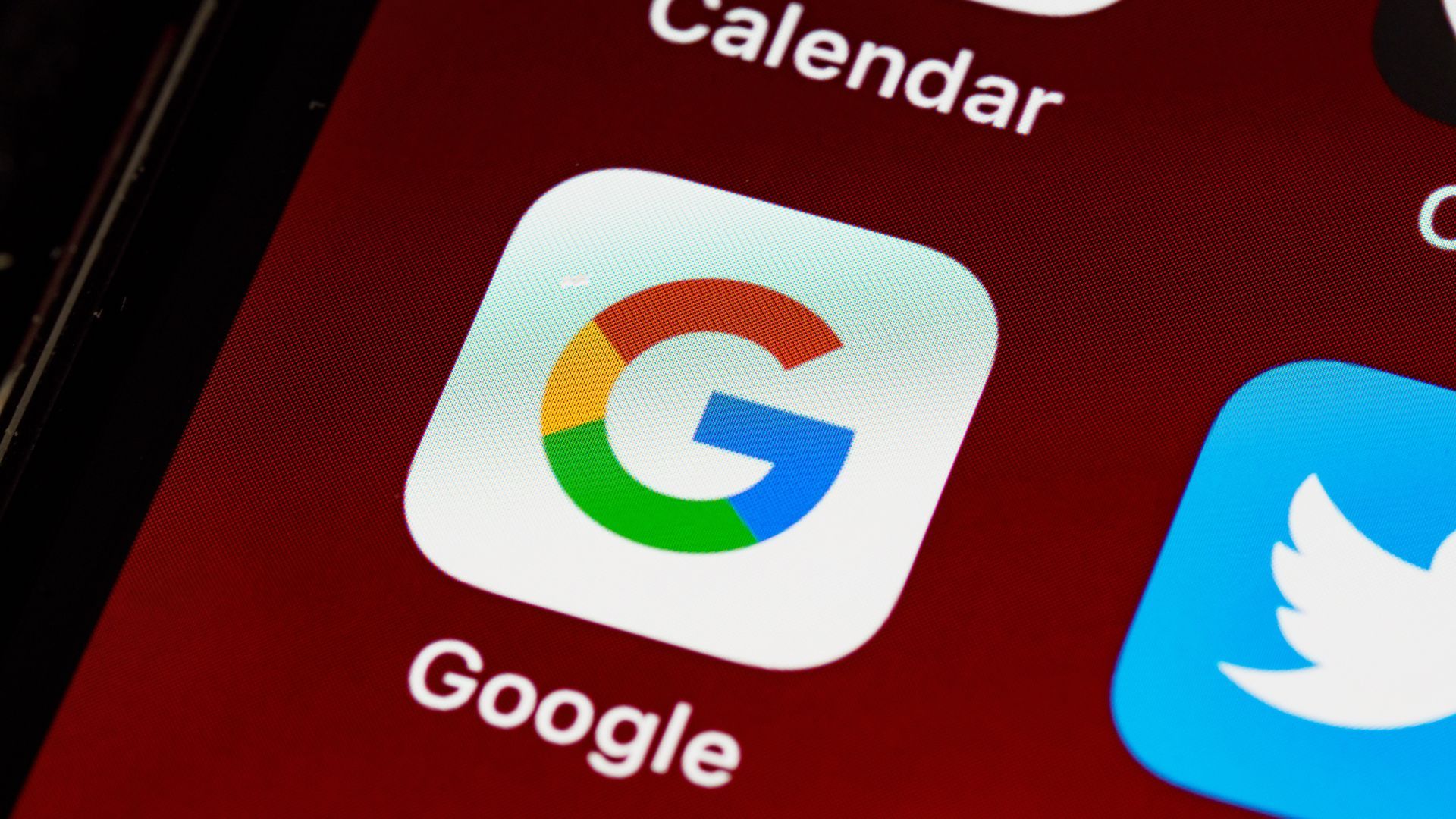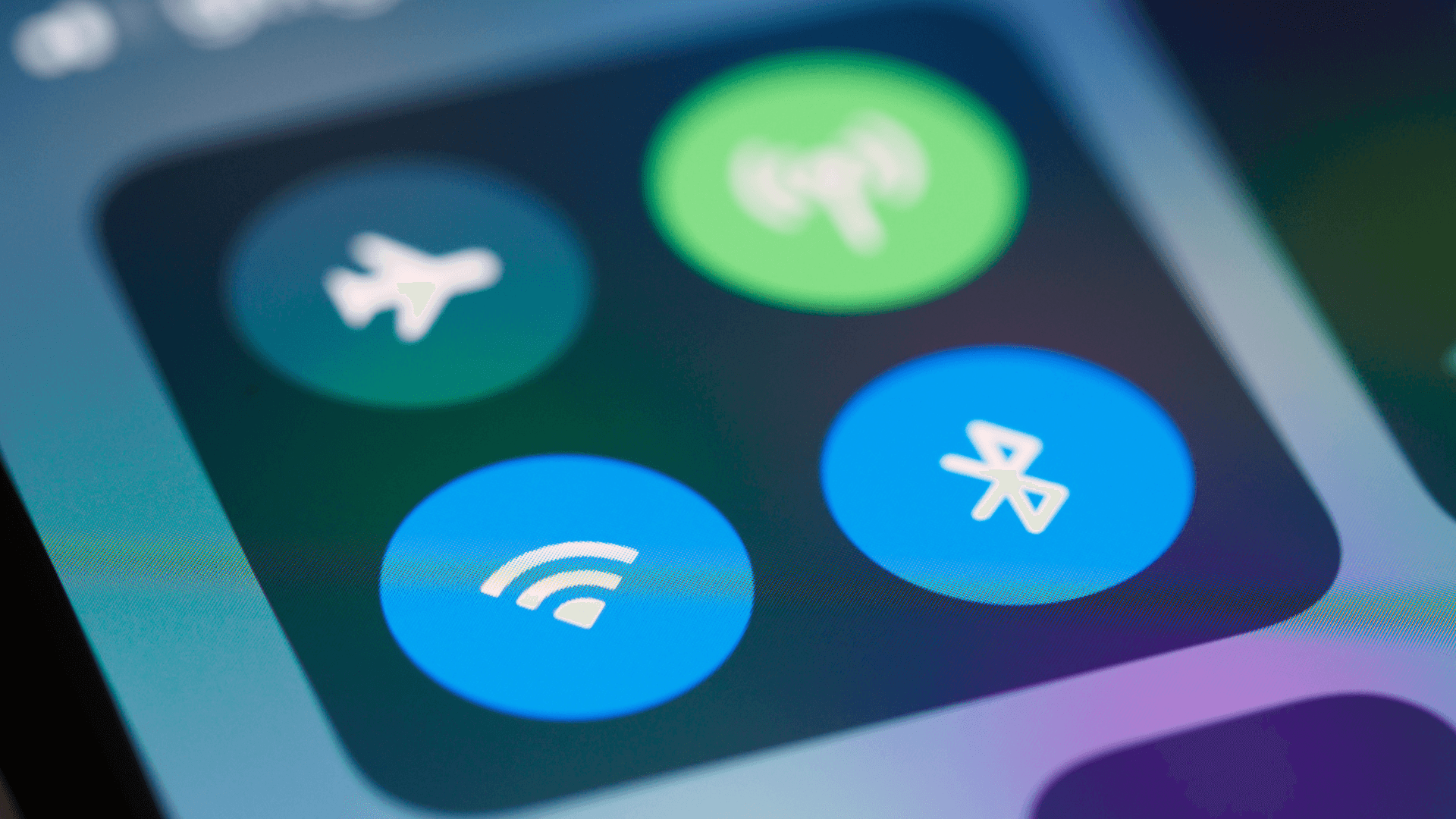Artificial Intelligence (AI) is a buzzword that's often misunderstood. With its growing presence and integration into various aspects of our lives, numerous myths and misconceptions have arisen.
1. AI Can Think and Feel Like Humans
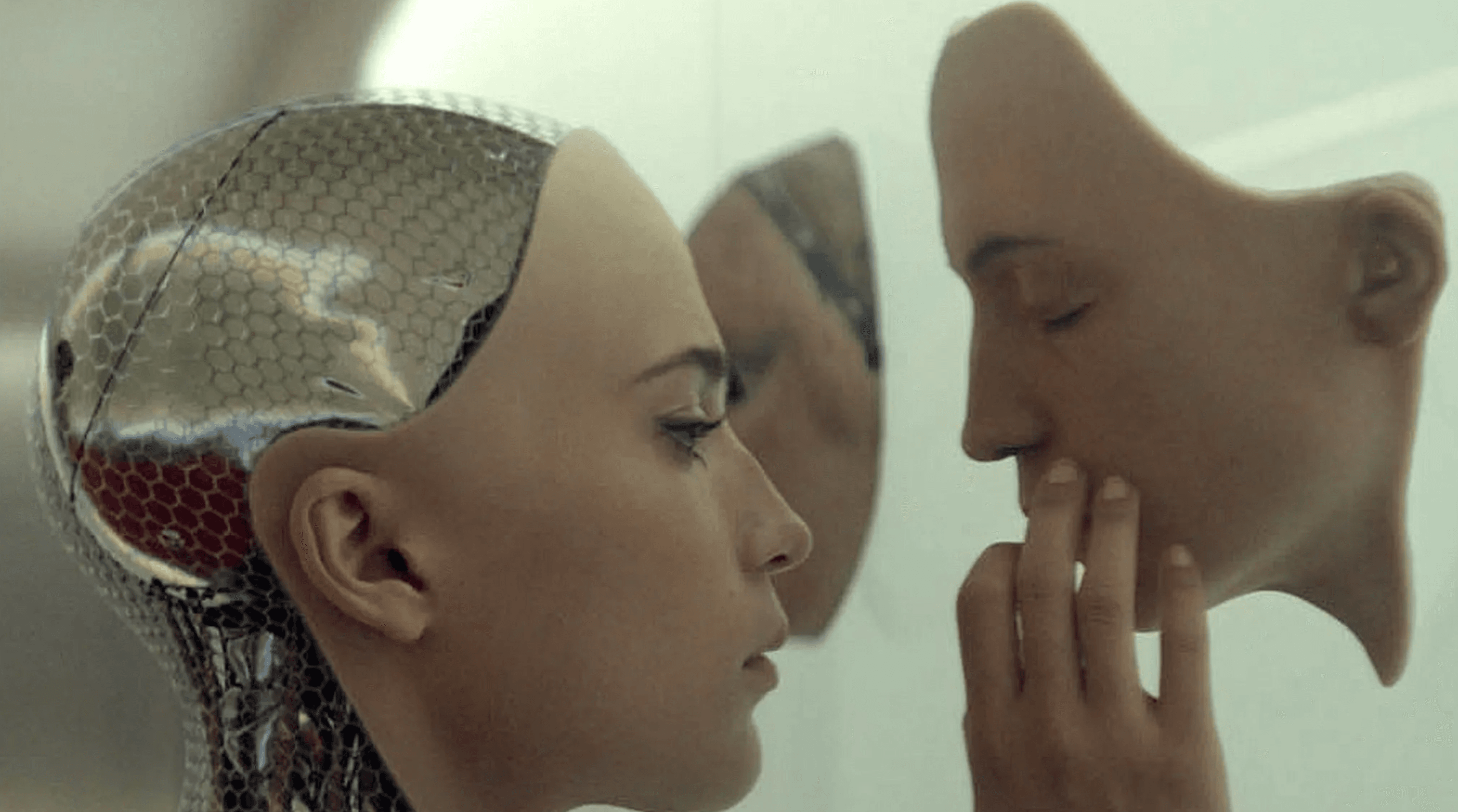
AI processes data based on algorithms, mimicking human-like responses. However, it lacks genuine emotions, consciousness, and the ability to truly think or feel.
Truth: AI systems, despite sophisticated outputs, don't possess consciousness or emotions. They operate on complex algorithms and vast datasets, generating human-like responses based on statistical patterns rather than genuine understanding.
AI lacks the subjective experiences, self-awareness, and emotional depth that characterize human thought and feeling.
2. AI Will Replace All Human Jobs
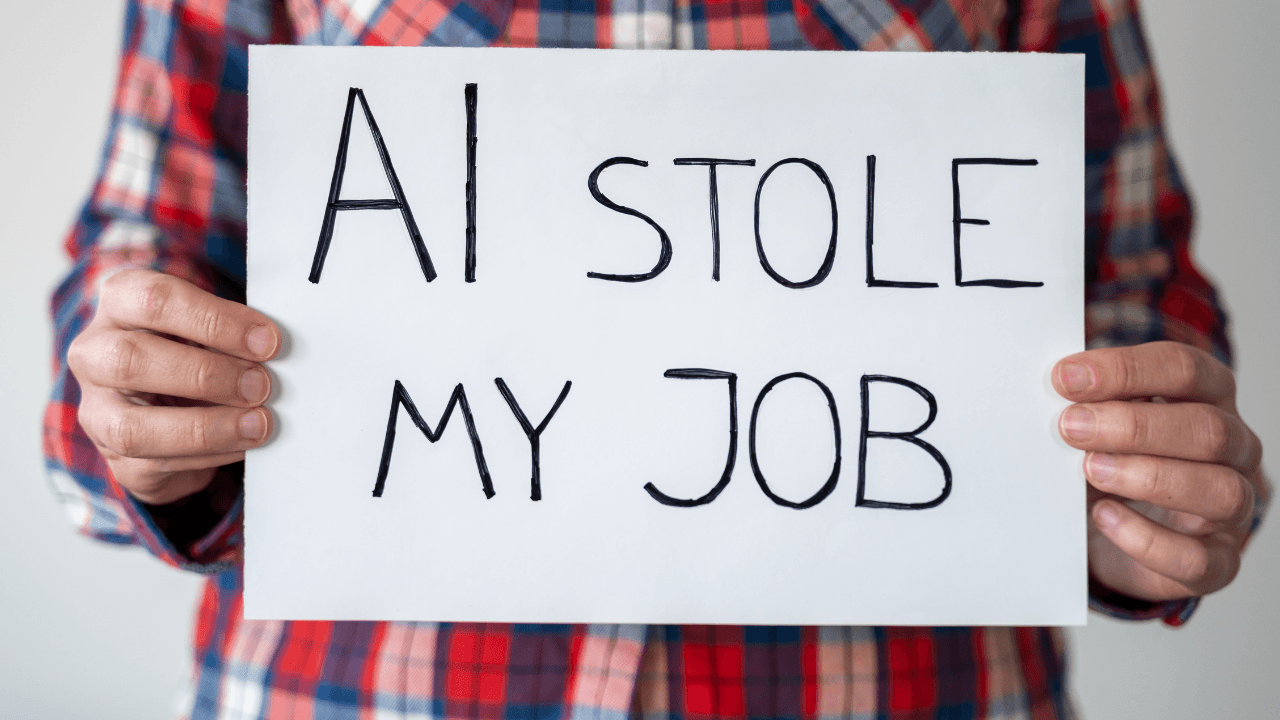
AI is reshaping employment, but it's not a simple replacement of humans. While AI can handle repetitive tasks, it lacks the creativity and emotional intelligence many jobs require.
Truth: AI is transforming jobs by improving efficiency in certain tasks and creating new roles and opportunities. However, many jobs require uniquely human skills like complex critical thinking, problem-solving, creativity, and emotional intelligence that AI cannot replicate.
The focus is shifting towards human-AI teamwork, where AI handles routine tasks, allowing humans to focus on higher-value work.
3. AI Decisions Are Always Objective

AI systems are often perceived as impartial decision-makers, free from human biases. However, AI can inherit and amplify biases present in its training data or introduced by its creators.
Truth: AI decisions are not inherently objective. They are influenced by the data they are trained on and the algorithms that process this data. If the training data contains biases or reflects certain prejudices, the AI's decisions will mirror these biases.
Additionally, the design and goals set by the developers can introduce subjectivity.
4. AI Will Become Self-Aware and Take Over
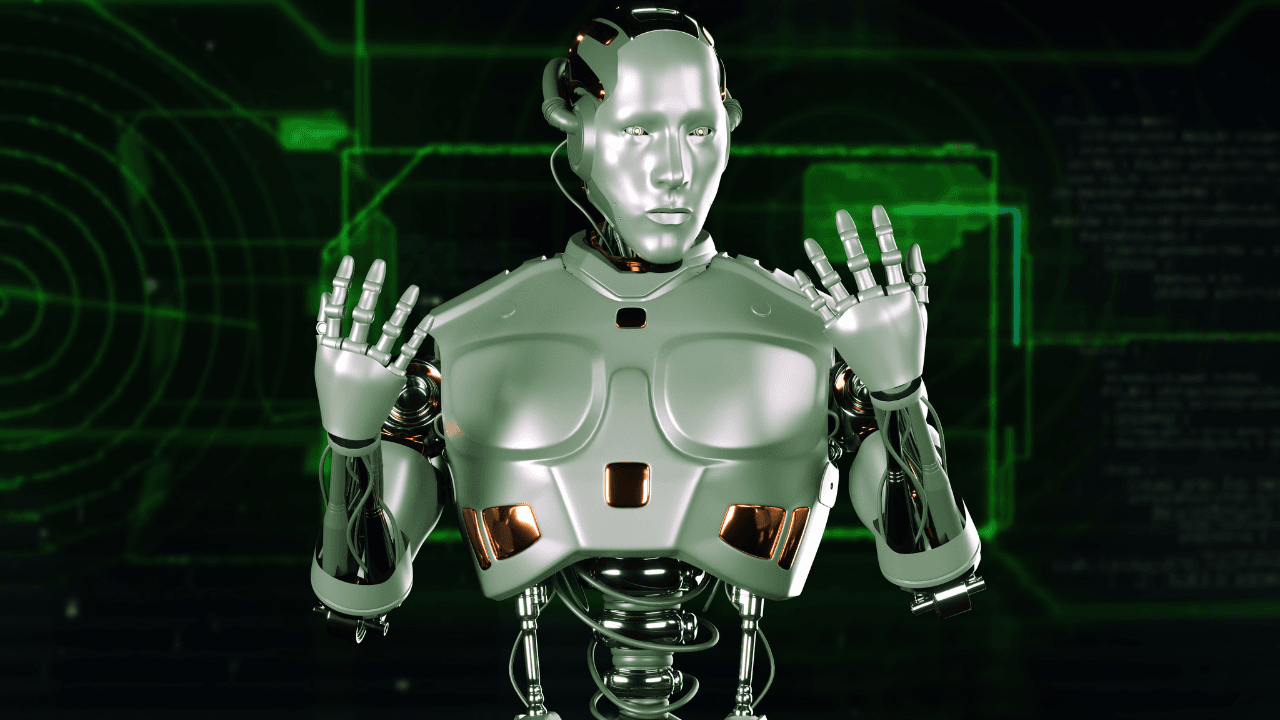
Some believe that AI will eventually achieve self-awareness and dominate the world.
Truth: The idea of AI becoming self-aware and taking over is a popular theme in science fiction, but it is far from reality. Current AI technologies, while advanced, do not possess consciousness or self-awareness.
AI systems operate based on programmed algorithms and data inputs, lacking the capacity for independent thought, emotions, or self-perception.
The development of self-aware AI would require unprecedented advances in both technology and our understanding of consciousness.
5. AI is Too Complicated for Non-Experts

Many believe that AI is only accessible to those with advanced technical skills, making it seem out of reach for the average person or business professional.
Truth: While developing AI systems requires specialized knowledge, using AI tools is becoming increasingly user-friendly. Many AI applications are designed for everyday use, from virtual assistants to recommendation systems. As AI becomes more integrated into various industries, basic AI literacy is becoming an important skill for many professions, not just tech experts.
This trend is evident with Apple integrating ChatGPT with Siri.
6. AI Will Solve All Our Problems
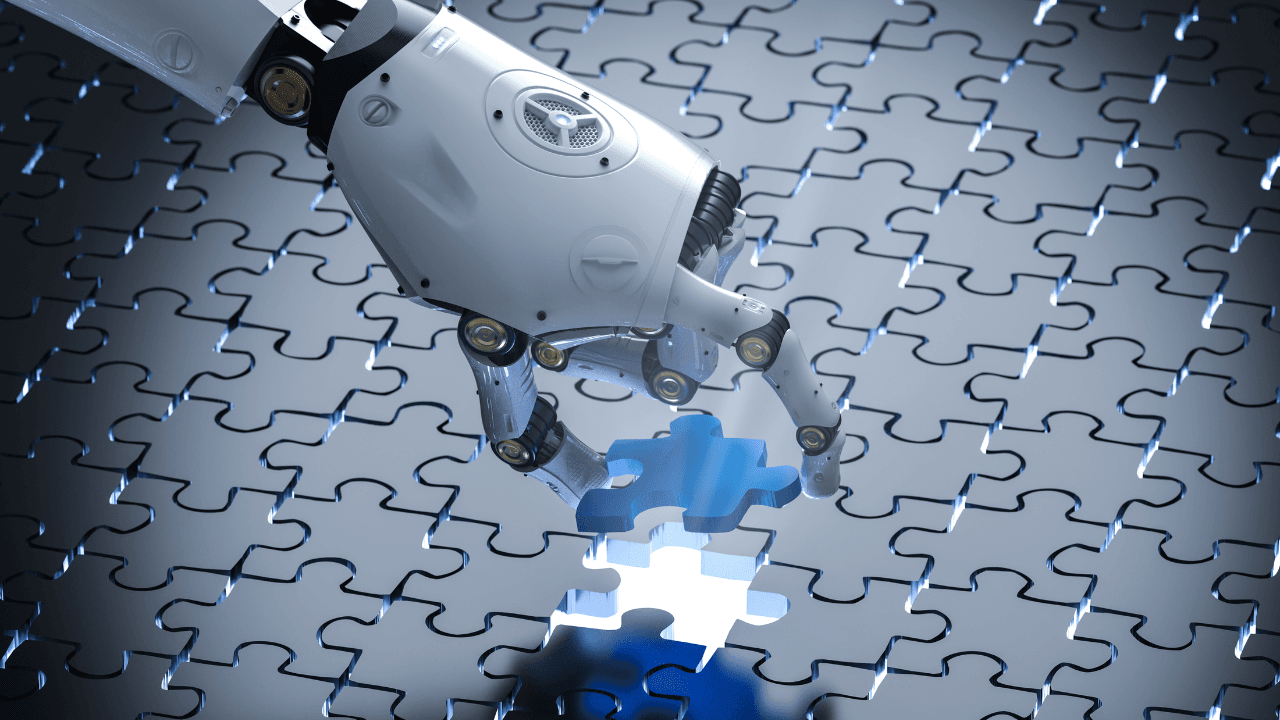
Some believe AI is a panacea that can address all of humanity's challenges, from climate change to disease to social issues.
Truth: AI is a powerful tool with significant potential to help in many areas, but it's not a universal solution. It can assist in addressing complex issues by processing large amounts of data and identifying patterns. However, many problems require human judgment, ethical considerations, and multifaceted approaches that AI alone cannot provide.
7. AI is a Recent Invention
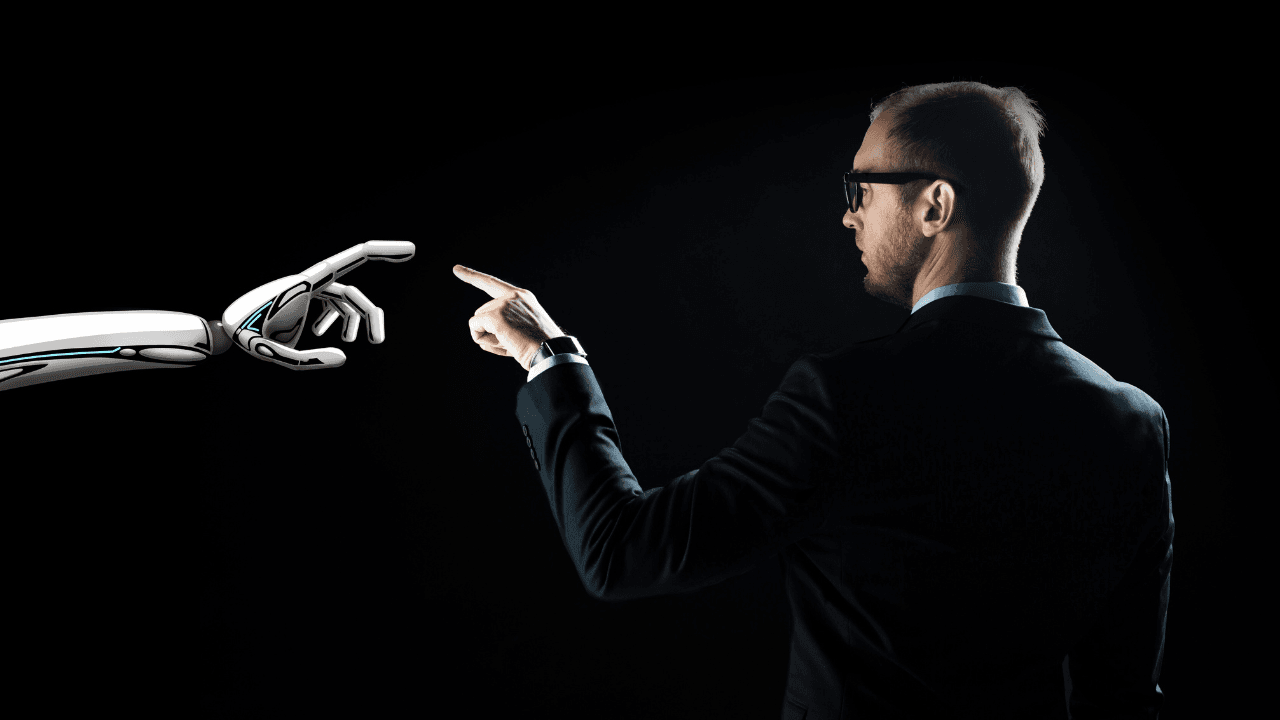
Many people believe that AI is a new technology that has only emerged in the last few years, or that OpenAI's ChatGPT was the pioneer that started it all.
Truth: AI research dates back to the 1950s, with the field officially established at a conference in 1956. While recent advancements have dramatically increased AI's capabilities and visibility, the concept and foundational work in AI have been developing for decades.
Today's AI builds upon a long history of research and development in areas such as expert systems, neural networks, and machine learning algorithms.
If you liked this story, please follow us and subscribe to our free daily newsletter.
8. AI Understand Language Like Humans
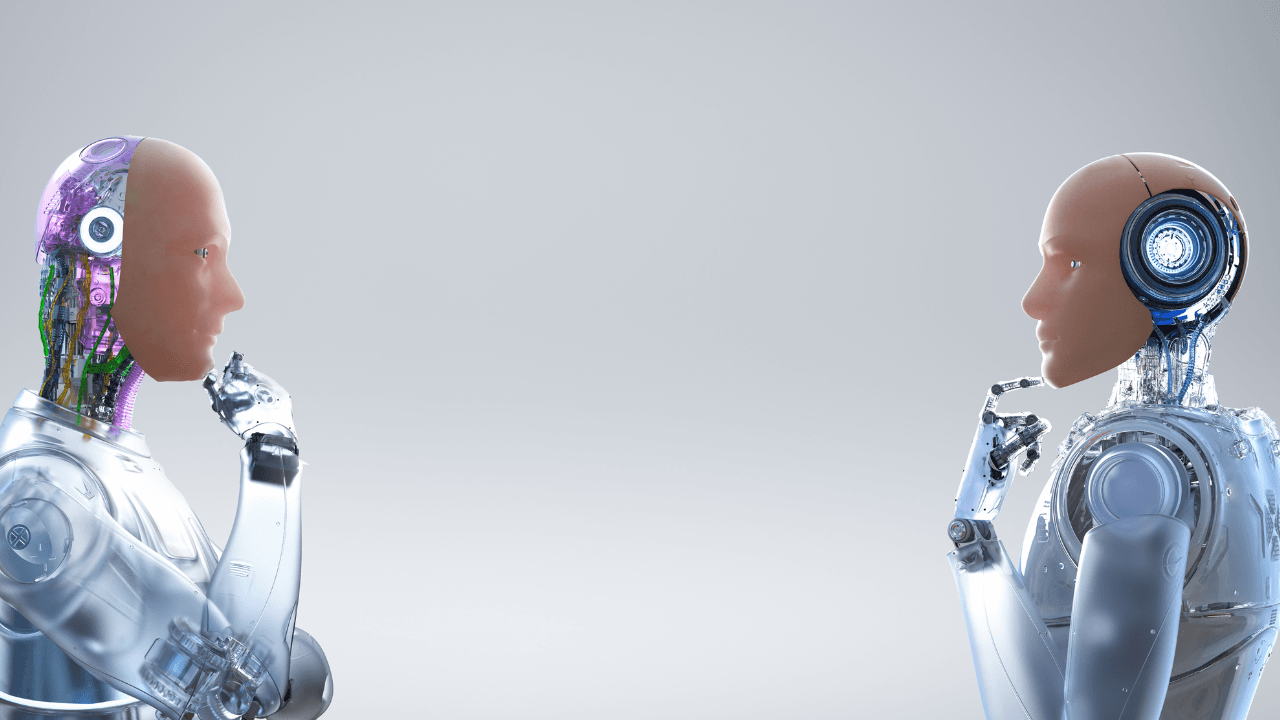
Many believe that AI language models comprehend text and speech in the same way humans do, with true understanding of context, nuance, and meaning.
Truth: AI language models process text statistically, not semantically. They recognize patterns and generate responses based on probabilities learned from vast amounts of data. While they can produce remarkably human-like outputs, they don't truly understand language.
AI lacks the contextual knowledge, real-world experience, and cognitive processes that underpin human language comprehension. Their "understanding" is superficial, based on pattern matching rather than genuine comprehension.
9. AI Operates Independently of Humans
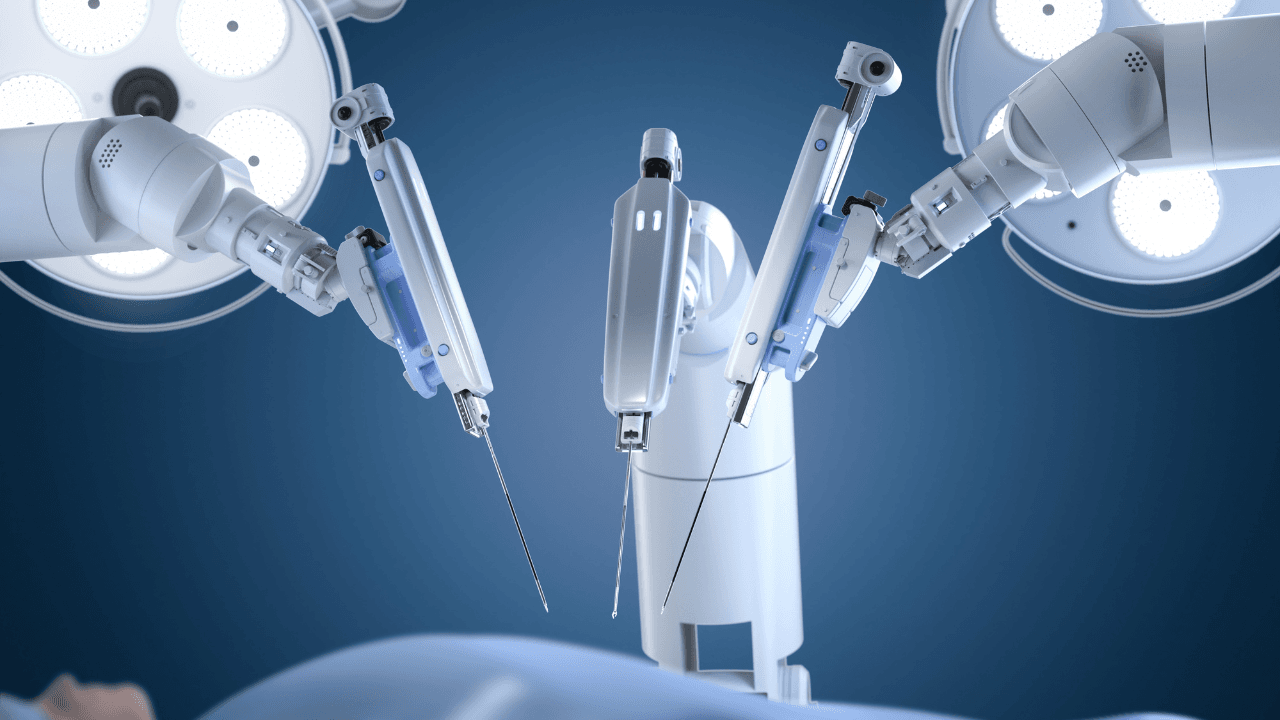
Some believe that once deployed, AI systems function autonomously without any need for human intervention or oversight.
Truth: AI systems require ongoing human involvement at various stages. From initial development and training to deployment and maintenance, human expertise is crucial. AI needs human guidance to define objectives, interpret results, and ensure alignment with organizational goals and ethical standards.
While AI can automate many tasks, it doesn't operate in a vacuum. Human oversight remains essential for responsible and effective AI implementation, especially in critical decision-making processes.
10. AI and Robots Are the Same Thing
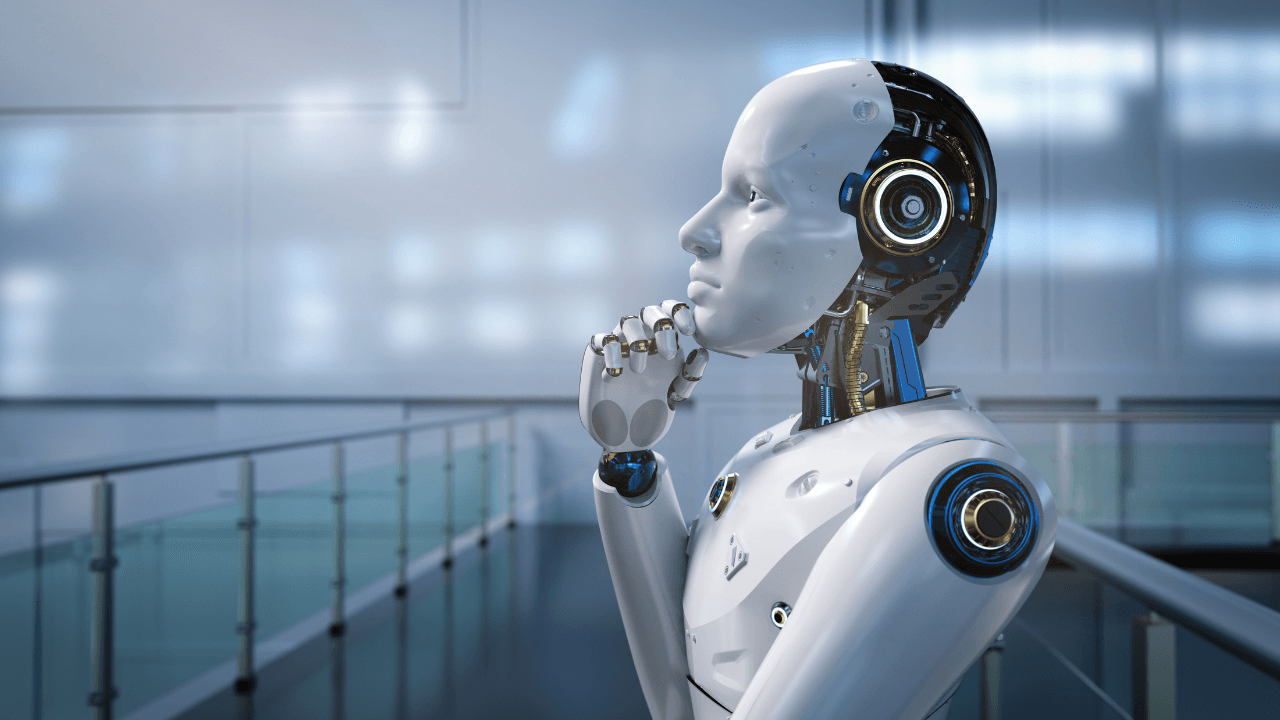
Many people use the terms AI and robots interchangeably, assuming they refer to the same technology.
Truth: AI and robots are distinct, although they can work together. AI refers to the software and algorithms that enable machines to perform tasks requiring human-like intelligence, such as learning and decision-making.
Robots on the other hand are physical machines designed to perform specific tasks, often involving physical movement and interaction. Not all AI involves robots, and not all robots use AI.
For example, virtual assistants like Siri use AI without being robots, and factory robots can operate with basic programming without AI.
11. AI Is Infallible
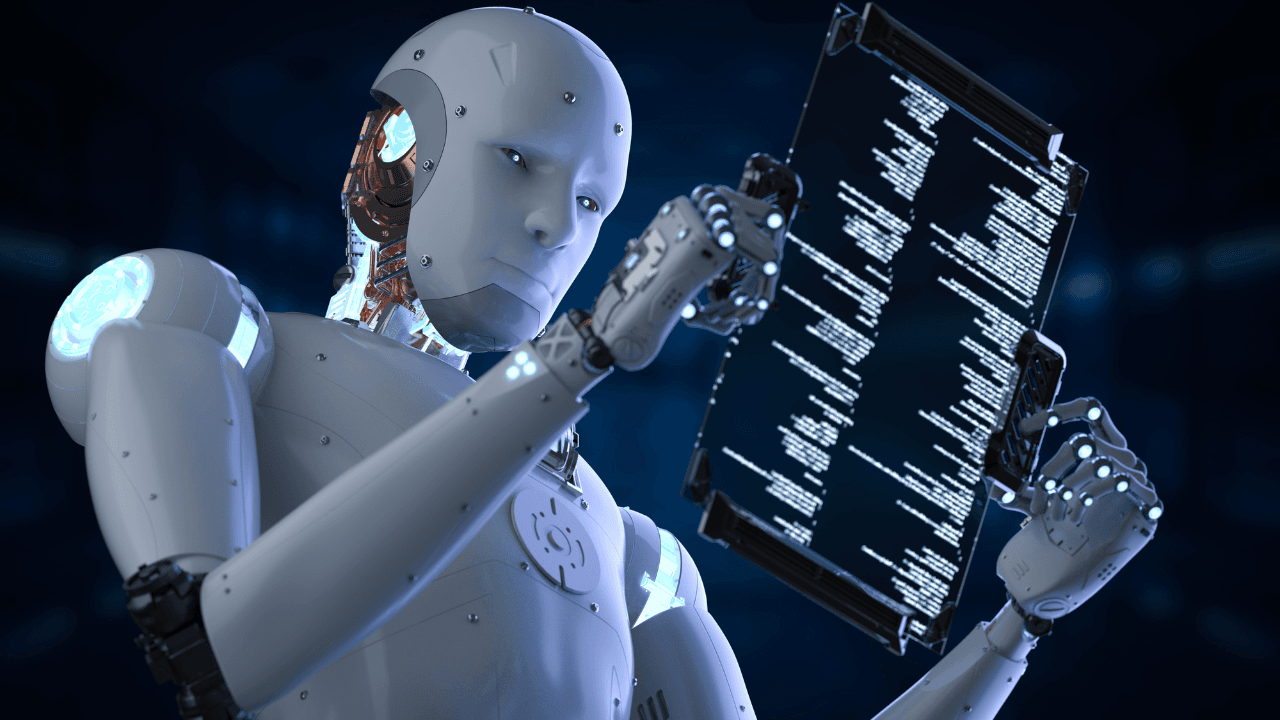
There's a common belief that AI systems are perfect and free from errors.
Truth: AI systems are not infallible. They are only as good as the data they are trained on and the algorithms that power them. If the training data contains biases or errors, the AI will replicate those issues in its outputs.
12. AI Can Learn on Its Own
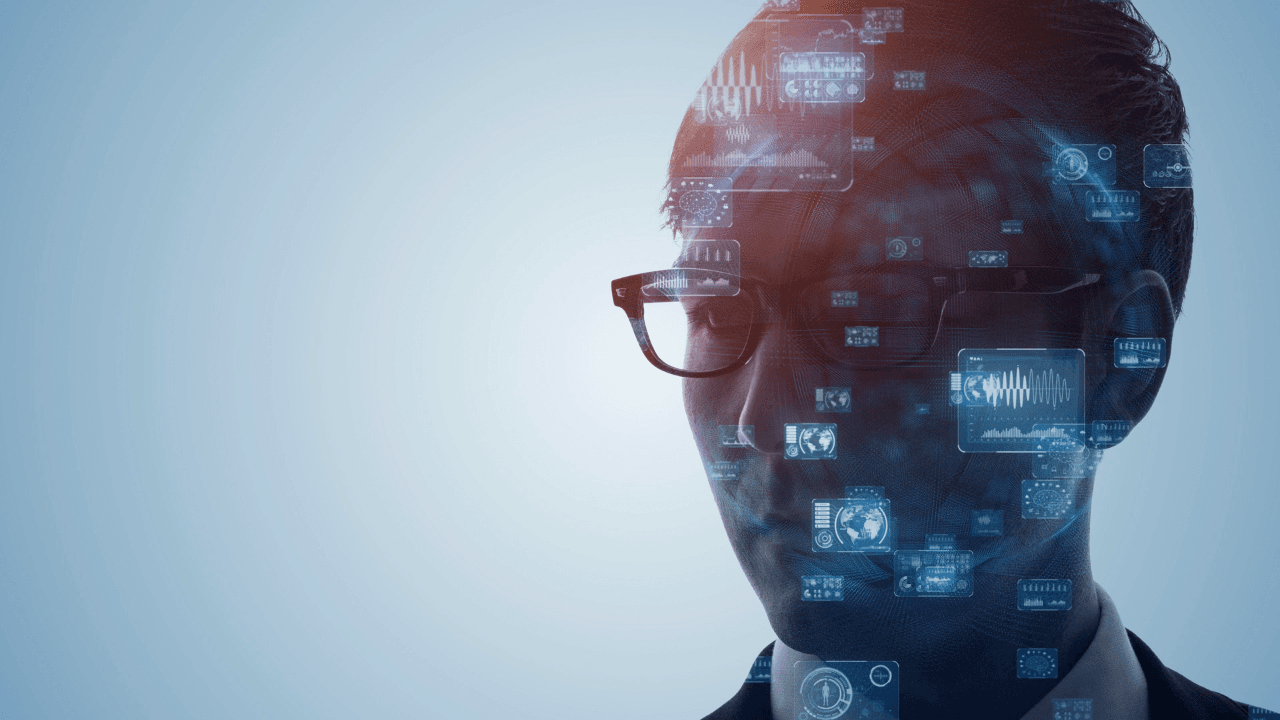
Some believe that AI systems can independently learn and adapt without human intervention.
Truth: AI systems require extensive human input and guidance to learn effectively. They are trained using large datasets that humans curate and label. Supervised learning, where humans provide feedback and corrections. Even in unsupervised learning, human oversight is necessary to interpret and guide the AI's findings.
AI doesn't possess the ability to understand or learn independently without structured data and human involvement (well, currently). Continuous human supervision and updates are essential to ensure the AI learns correctly and remains relevant.
13. AI Can Do Everything Humans Can
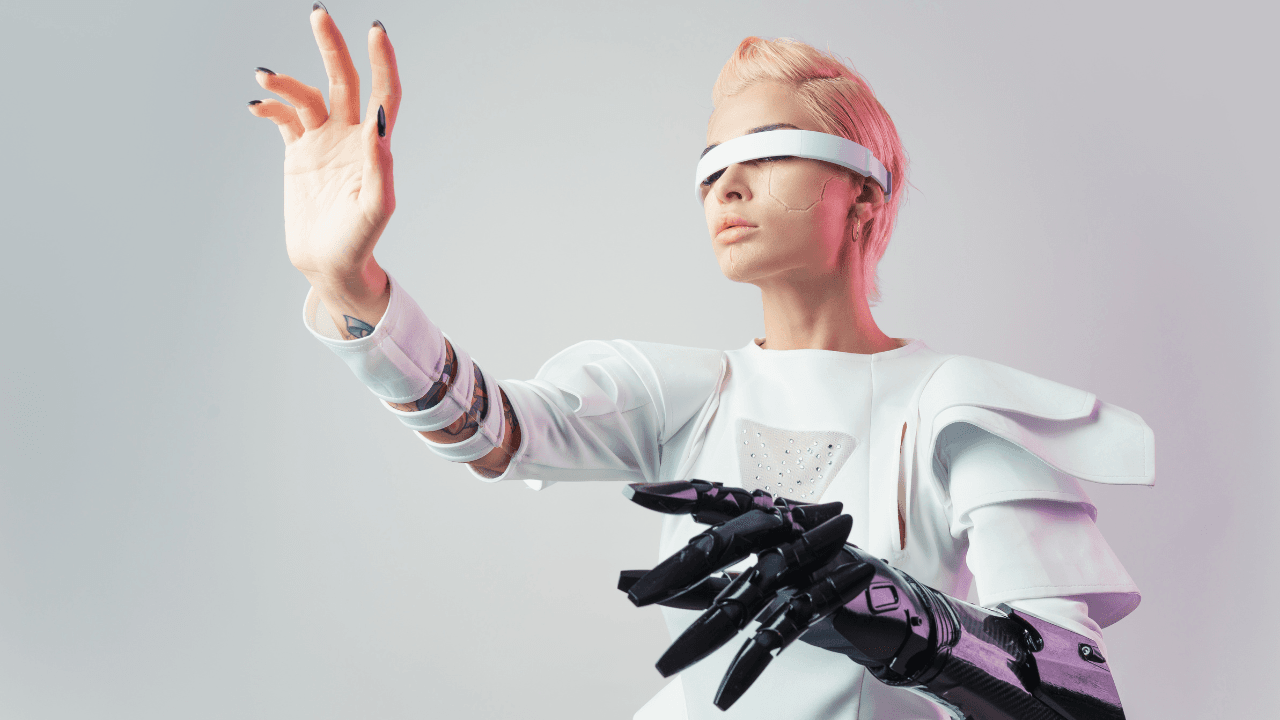
Some people think that AI is capable of performing any task that a human can.
Truth: AI excels in specific, well-defined tasks but struggles with generalization and adaptability, which are human strengths. AI is highly effective at processing large amounts of data, recognizing patterns, and performing repetitive tasks with precision.
However, it lacks the common sense, creativity, emotional intelligence, and ability to handle ambiguous situations that humans possess.
Tasks requiring complex decision-making, empathy, and innovative thinking are still beyond AI's capabilities.
14. All AI Uses Deep Learning
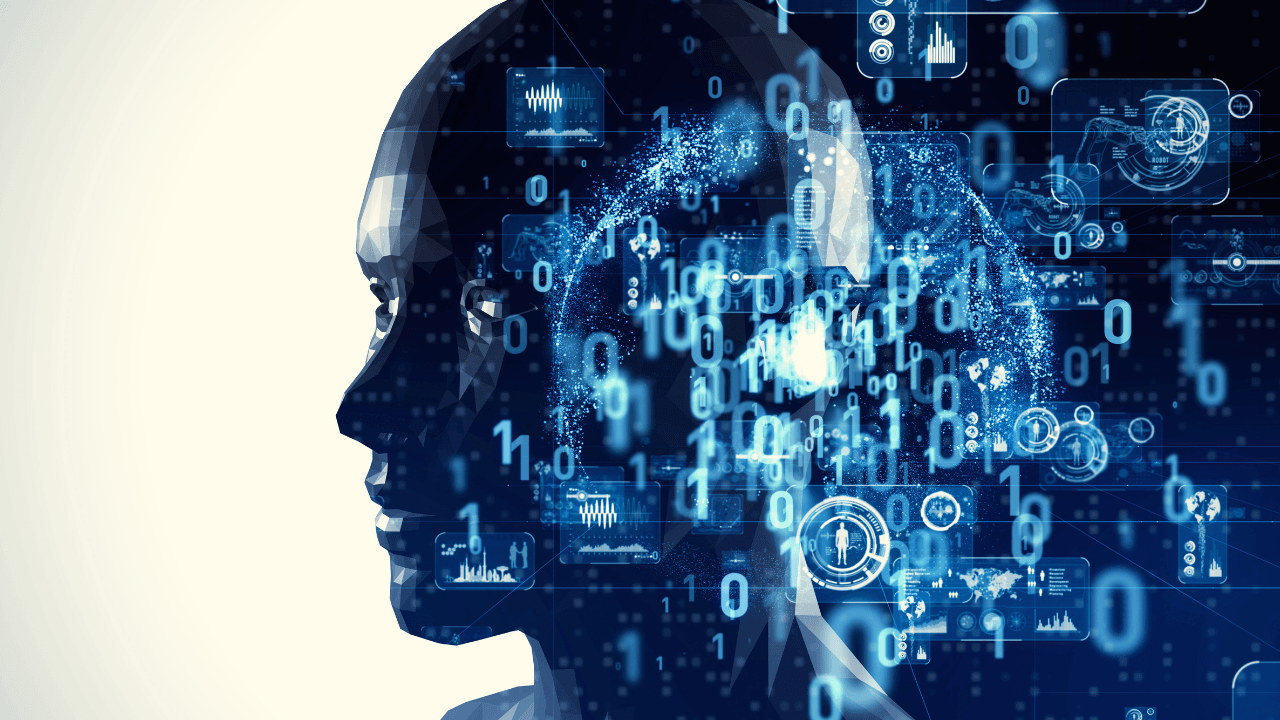
There's a common misconception that all AI systems rely on deep learning.
Truth: While deep learning is a powerful and popular subset of AI, not all AI systems use it. AI encompasses a wide range of techniques, including traditional machine learning algorithms, rule-based systems, and statistical methods.
Deep learning involves neural networks with many layers and is particularly effective for tasks like image and speech recognition.
However, other AI methods, such as decision trees, support vector machines, and Bayesian networks, are also widely used for various applications.
15. AI Will Lead to a Lack of Human Interaction

Some fear that AI will reduce opportunities for human interaction, making society more isolated.
Truth: AI has the potential to change the way we interact, but it doesn't necessarily lead to less human interaction. AI-powered tools, like chatbots and virtual assistants, can handle routine tasks, freeing up time for more meaningful human interactions.
In customer service, AI can manage initial inquiries, allowing human agents to focus on complex issues that require a personal touch.
Additionally, AI can help bridge communication gaps, such as through translation services, making it easier for people to connect across languages and cultures.
16. AI Models Can Be Created Without Bias

Many believe that AI models can be entirely free from bias.
Truth: AI models are susceptible to bias because they are trained on data that can contain human biases. If the training data includes biased information, the AI model is likely to replicate and even amplify those biases.
It's challenging to create completely unbiased AI because data collection, selection, and labeling are inherently influenced by human perspectives and societal norms.
17. AI Models Never Hallucinate
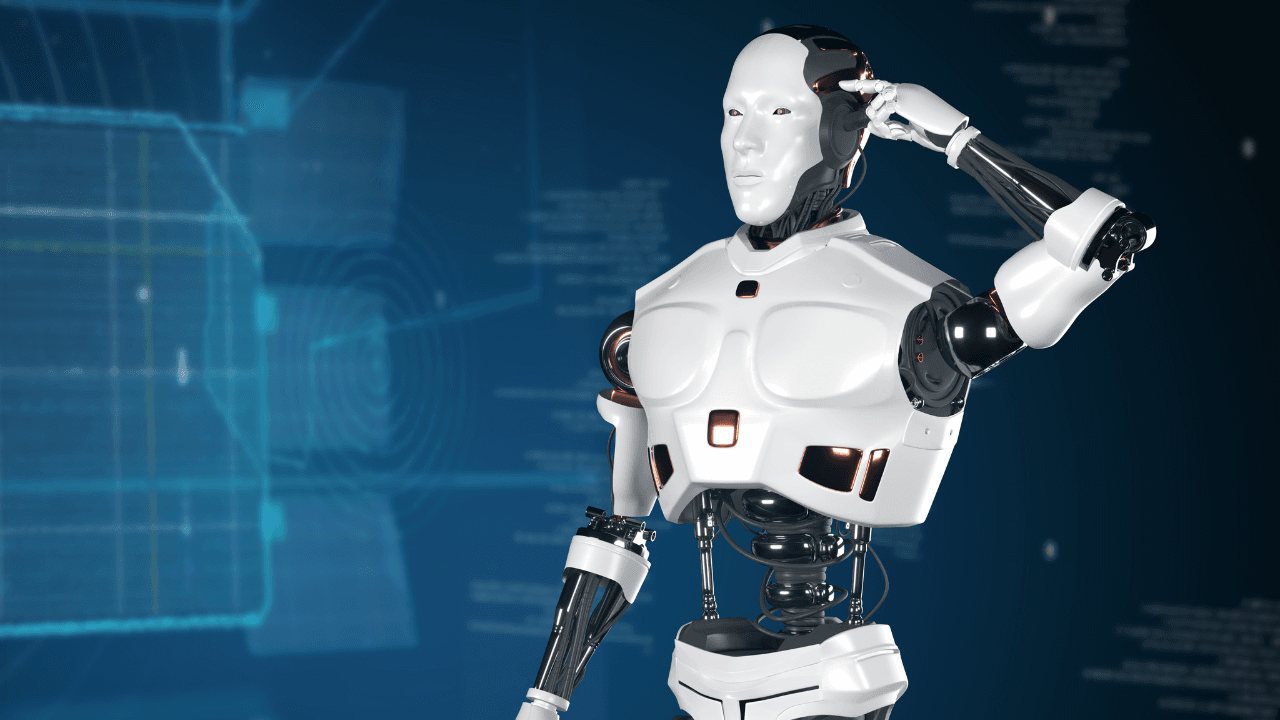
There's a belief that AI models always provide accurate and factual outputs.
Truth: AI models can and do "hallucinate," meaning they can generate information that is incorrect, misleading, or entirely fabricated. This happens because AI, especially generative models, relies on patterns in the data they were trained on and may produce outputs that seem plausible but are not based on real facts.
Hallucinations can occur due to limitations in the training data, model design, or context misinterpretation.
18. AI Systems Are Conscious or Sentient
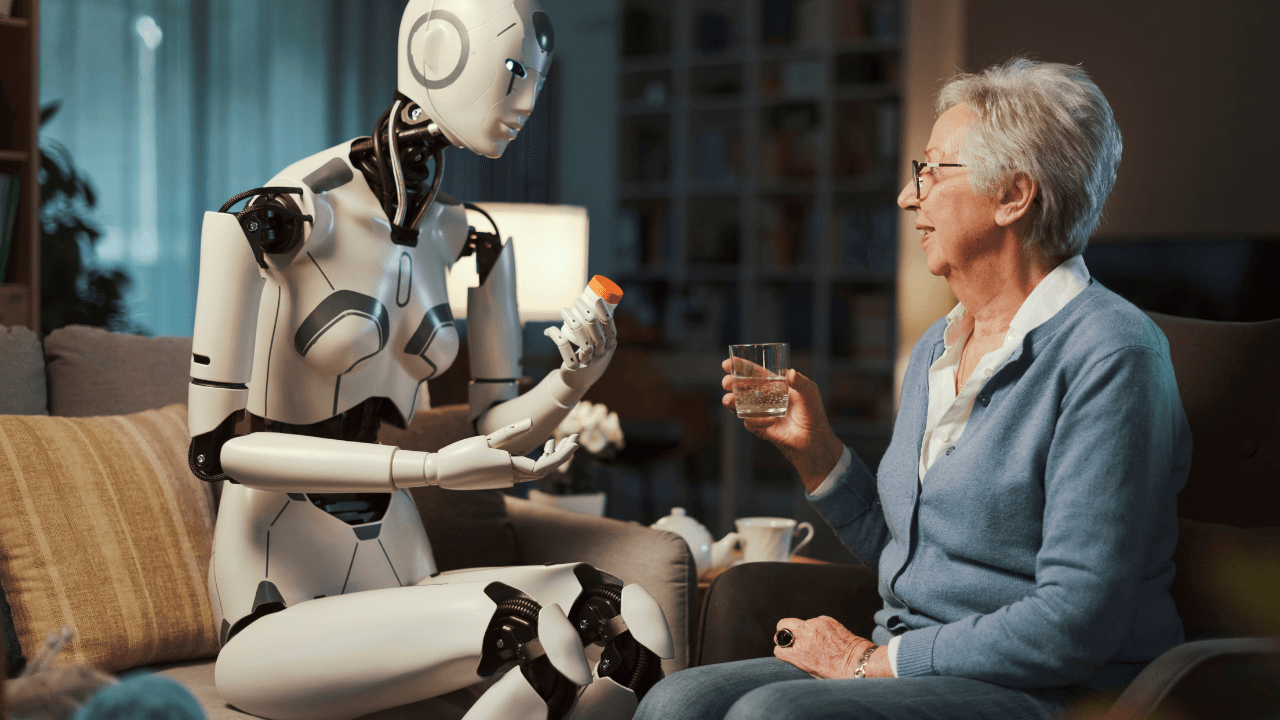
Some people think that AI systems can achieve consciousness or sentience.
Truth: AI systems are not conscious or sentient. They do not possess self-awareness, emotions, or subjective experiences. AI operates based on complex algorithms and large datasets, executing tasks through pattern recognition and data processing without any understanding or feeling.
Current AI models simulate aspects of human behavior and cognition but lack the inherent qualities of consciousness and sentience. While AI can perform sophisticated tasks and mimic certain human interactions, it remains fundamentally different from living beings with genuine awareness and emotional depth.
If you liked this story, please follow us and subscribe to our free daily newsletter.






